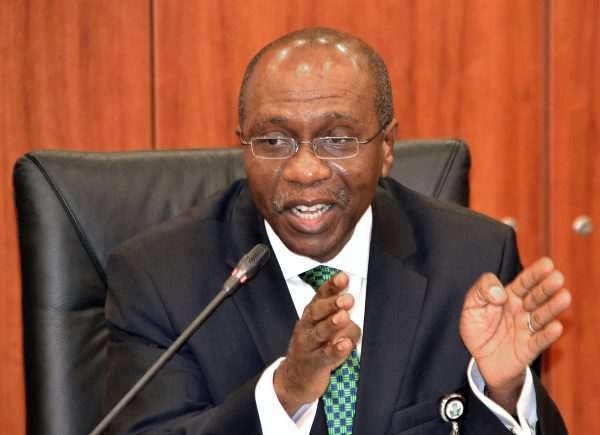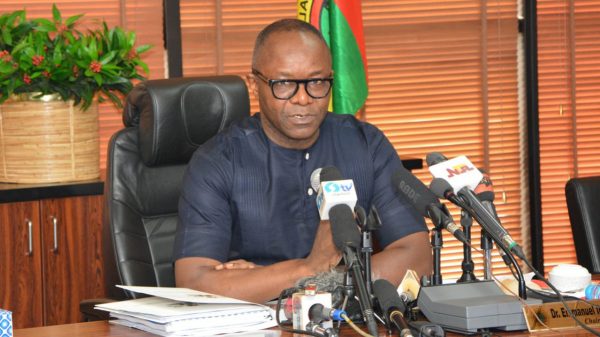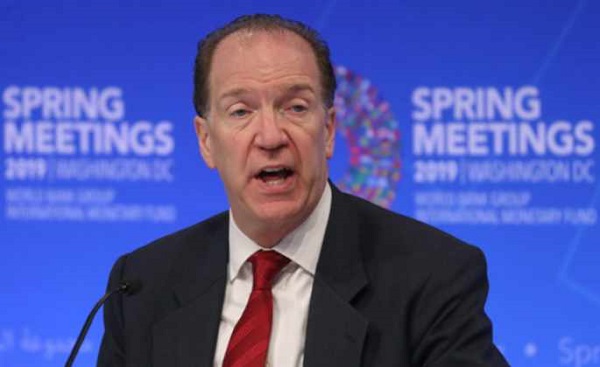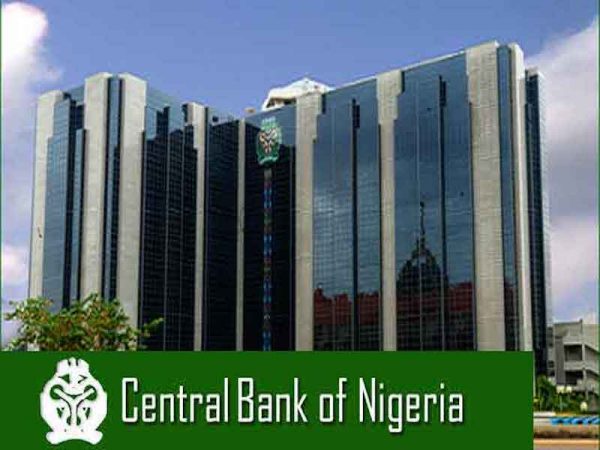Emefiele Pays Unscheduled Visit to Banks

- Tells travellers not to buy dollars above N360
The Governor of the Central Bank of Nigeria (CBN), Mr. Godwin Emefiele, has again asked travellers in need of dollars to visit any bank of their choice and get their requirements met across the counter, advising them not to pay anything above N360 to the U.S. dollar.
Emefiele spoke when he paid an unscheduled visit to some bank branches in Abuja Monday to monitor compliance with the CBN’s directive to Deposit Money Banks (DMBs) to make foreign exchange (FX) available to travellers in need of the greenback across the counter, irrespective of whether such individuals are customers of the banks or not.
Emefiele, whose visit caught the bank’s officials unawares, went to the First Bank of Nigeria Commassie Road branch, located at the Central Business District, Abuja, where a bank customer was seen procuring Basic Travel Allowance (BTA) at the counter.
After interrogating the customer, Emefiele asked the head of branch services at the bank, Mrs. Zainab Darlington, what procedures were being adopted.
In response, Darlington said following the CBN directive, they had received a directive from the First Bank headquarters in Lagos to sell FX to all travellers who meet the requirements.
A similar unannounced visit was paid to the Zenith Bank Abuja head office, where the Executive Director, Northern Operations, Umar Ahmed, said his bank had been attending to both customers and non-customers that walked in for BTA seamlessly.
“We are attending to customers, irrespective of whether the customer has an account with us or not. All we require is for the customer to present eligible papers and he gets his currency in a matter of minutes,” he said
At the United Bank of Africa (UBA) Abuja head office in Garki Area 3, Abuja, Emefiele also met some customers and non-customers being attended to.
He said he was satisfied with the level of compliance so far, noting that although he would have wished to see more people queuing for their FX needs, it was a good start.
“I want to seize this opportunity to tell all Nigerians that have travel needs that banks are stocked with foreign currencies. You can go to any bank to buy your dollar at N360 to a dollar.
“This is very symbolic, I can see for myself. We will be talking to the management of banks in due course and our examiners will be going for on-the-spot assessment as a follow up.
“We have visited three banks and you saw for yourselves that customers are getting their BTA over the counter. You don’t have to be a customer of the bank before you get your BTA.
“All that is required of you is to present your travelling papers – air ticket, visa and international passport, and the bank is under obligation to give you BTA,” he said.
In order to ensure that eligible travellers are able to access foreign exchange and thwart speculators putting pressure on the exchange rate, the CBN at the weekend directed all banks to buy and sell forex to travellers (customers and non-customers) upon presentation of the relevant, valid travel documents.
“All travellers shall be attended to immediately at the bank counters. Any contravention shall be sanctioned by the CBN,” the central bank said in a circular.
It also directed licensed bureau de change (BDC) operators to access the FX window of the CBN on Mondays, Wednesdays and Fridays, saying failure to do so could lead to the withdrawal of their licences and new operators licensed to supplant them.
The CBN said the measures were being taken to stop banks and BDCs from causing artificial shortages and destabilising the FX market.
The central bank stated that it was liquid and had enough FX reserves to defend the naira.
However, the Association of Bureau de Change Operators of Nigeria (ABCON) rejected the directive, saying that the CBN needed to review the rate at which BDCs buy dollars from the CBN to align with commercial banks.
ABCON said the directive was not in line with global best practices and should be put on hold.
It said the central bank should first converge the BDC buying dollar rate with that of commercial banks and also pay BDCs disbursement fees as is the case globally.








